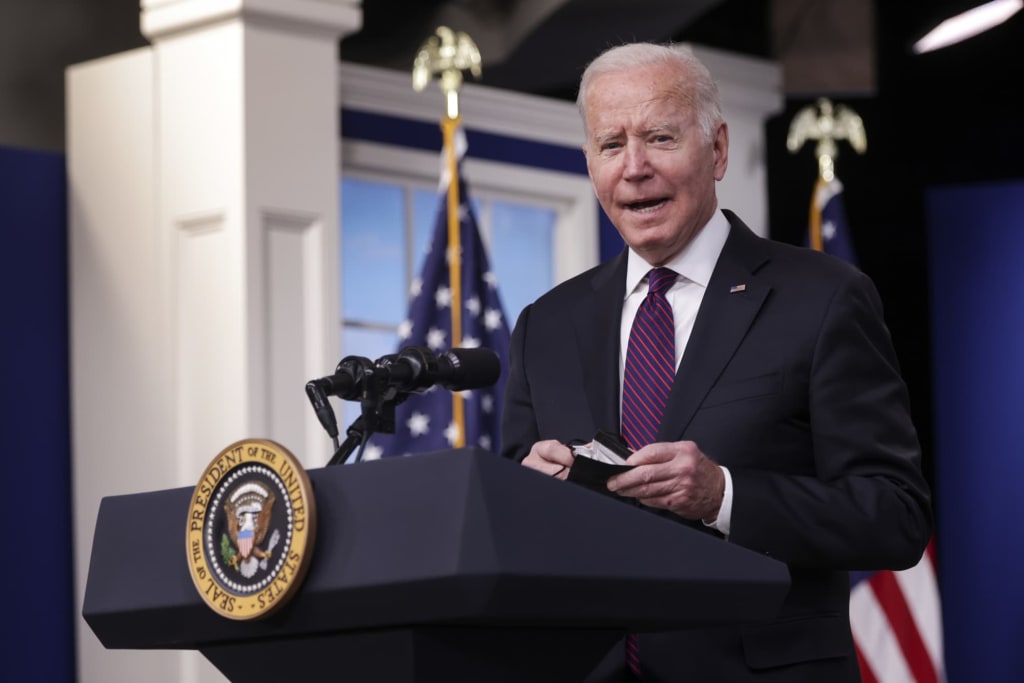For-profit colleges have long been a topic of controversy in higher education, with critics arguing that they prioritize profit over quality education. One of the ways in which for-profit colleges differ from traditional non-profit institutions is in their funding sources. While non-profit colleges are typically eligible to receive federal financial aid, for-profit colleges, or more specifically their students, are excluded from certain forms of financial aid, such as the Pell Grant.
The Pell Grant is a need-based federal grant given to low-income students to help cover the cost of higher education. The program has been instrumental in making college more affordable and accessible to millions of students each year. However, for-profit college students are excluded from the recent expansion of the Pell Grant program announced by the Biden administration.
The exclusion of for-profit college students from the Pell expansion has sparked criticism and debate. Advocates for for-profit college students argue that these students, many of whom come from marginalized communities and have limited financial resources, should not be penalized simply because they chose to attend a for-profit institution. They argue that all students, regardless of the type of institution they attend, should have access to the same financial aid opportunities.
On the other hand, critics of for-profit colleges argue that these institutions have a history of predatory practices and low-quality education, and therefore should not be eligible for federal financial aid. They argue that for-profit colleges often target vulnerable populations, such as low-income and minority students, and leave them with high levels of debt and little to show for it in terms of educational outcomes.
The exclusion of for-profit college students from the Pell expansion highlights the ongoing debate about the role and value of for-profit institutions in higher education. While some argue that these institutions provide important opportunities for non-traditional students, others argue that they exploit vulnerable populations for financial gain.
It is clear that the issue of for-profit colleges and their access to federal financial aid is a complex one with no easy answers. As the debate continues, it is important for policymakers to consider the needs of all students, regardless of the type of institution they attend, and ensure that financial aid programs are equitable and accessible to all who need them.
